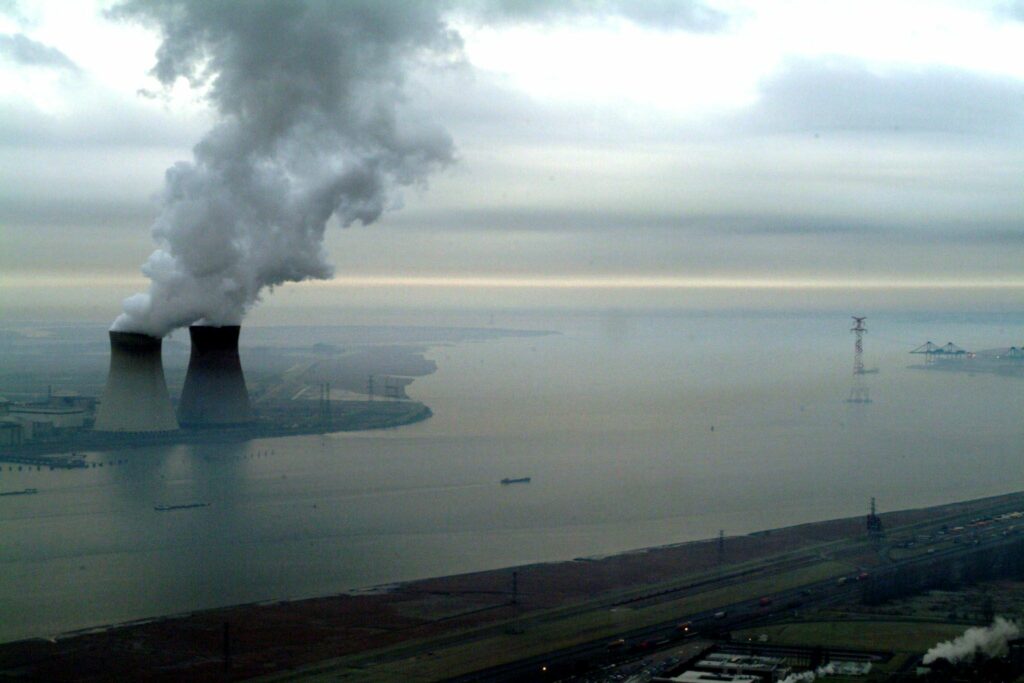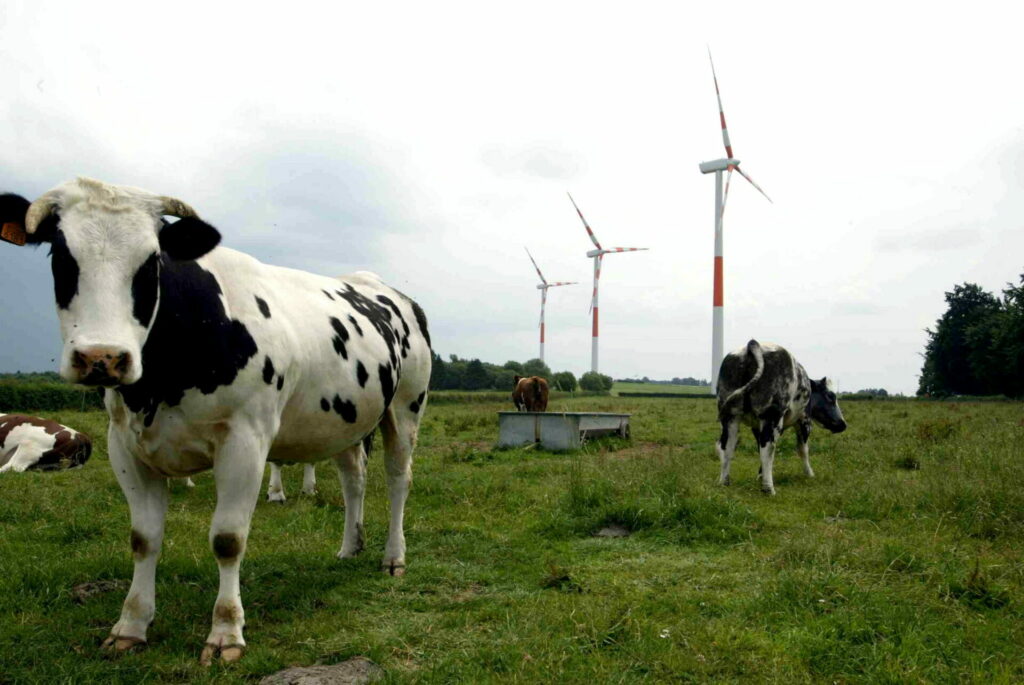Energy consumption in Belgium fell by 1.2% last year and is now at its lowest level since 1995. The Economy Ministry attributes this to the change in consumption behaviour following the energy crisis brought on by Russia's invasion of Ukraine.
Belgium's final energy consumption (the amount of energy consumed by end users such as households, industry and agriculture) came to 36.4 million tonnes of oil equivalent (which represents the amount of energy released by burning one tonne of crude oil) last year, according to the Belgian Energy Data Overview report.
"Due to the Russian invasion of Ukraine in 2022, final energy consumption fell very sharply," the report said. "The decrease is mainly noticeable in the consumption of natural gas and petroleum products."
Transport and energy sector
Fossil fuels still dominate the country's energy consumption: almost half (48.1%) of energy used was generated by oil products; 24.6% was natural gas. However, the share of renewables in energy consumption continues to rise – amounting to 14.1% in 2023.
For the first time, final consumption in the transport sector was equal to that of industry with 8 million tonnes of oil equivalent, thanks to an increase in the first and a decrease in the second.
The country's industrial sector used 15.5% less energy in 2023 compared to 2021 (before Russia's invasion). By contrast, the transport sector saw its consumption rise 4% between 2021 and 2023, demonstrating the crisis in the energy-intensive industry. In the past, the distribution of energy consumption across the various sectors remained fairly constant.

Belgium's energy prospects depend largely on the future of its nuclear park. Pictured: Antwerp harbour and Doel nuclear site, December 2004. Credit: Belga
Notably, Belgium's energy difficulties were exacerbated by the ongoing phase-out of its nuclear reactors. Doel 3 and Tihange 2 were closed in September 2022 and January 2023, respectively, bringing the number of reactors operational in the country down to five. This significantly impacted the electricity supply, with the result that for the first time since 2019, Belgium was a net importer of electricity, depending on additional supply largely from the Netherlands and also France.
Elia, the company charged with operating Belgium's electricity transmission system, forecasts that Belgium will need to import more electricity in the coming years, especially if the current plans for nuclear phase-out remain in place – which would see three more reactors closed in 2025. But this will depend on the immediate decisions of the next Federal Government, which will likely be more favourable towards nuclear.
Whether due to a lack of supply from renewable sources or periods of high demand, Belgium was a net importer of electricity for 60% of 2023.

